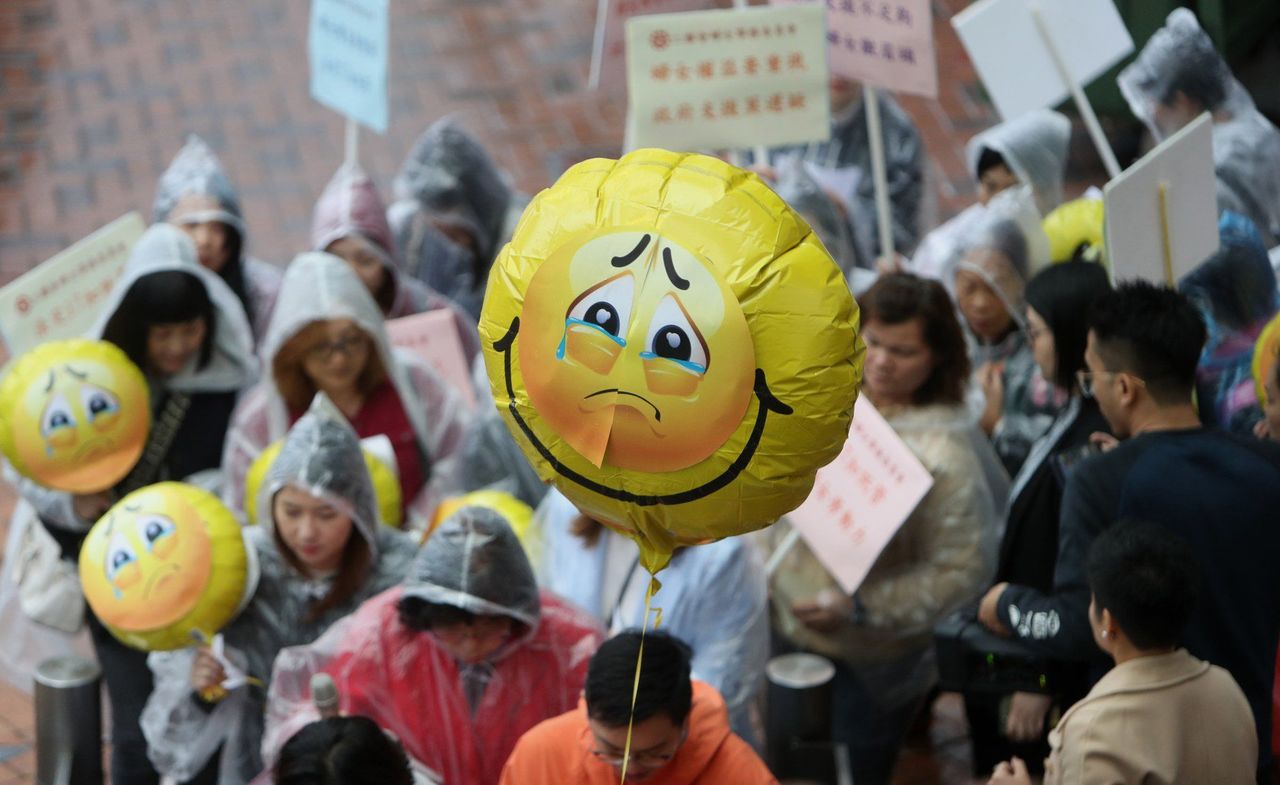Hong Kong News

How many deaths before Hong Kong reviews laws on child neglect?
At what age could a child be left alone at home or in any place? Should it be purely the decision of a parent, or should we have a legal benchmark for the society to follow?
In January 1991, four children were locked up and left alone in their home in Ho Man Tin, and then burned to death when a fire broke out. The tragedy occurred against the backdrop of Hong Kong’s economy growing rapidly in the late 1980s and early 1990s and the traditional family structure changing to nuclear families, with more women working outside the home.
The tragedy started a series of debates in the Legislative Council in the same year. The Hong Kong government promptly released a white paper on social welfare, which addressed improving child care services, and published a consultation paper on measures to prevent children from being left unattended at home.
However, our government ultimately chose to follow the United Kingdom, Canada, Australia and Singapore, which at the time had similar provisions to Hong Kong. This means we have criminal provisions dealing with child neglect – Section 27 of the Offences Against the Person Ordinance (Cap 212) on “ill-treatment or neglect by those in charge of child or young person” – but leaving a child unattended at home in itself is not a criminal act.
This February, there were two accidents involving young children falling from a height – one child was injured, while the other died – raising concerns about child neglect again. The Child Fatality Review Panel’s report released in 2021 revealed that there were 22 fatal child accidents between 2016 and 2018, of which six children died from falls, eight died in traffic accidents, six died of choking, and the remaining two died in drowning and hanging accidents.
Social Welfare Department records also showed the number of new neglect cases has more than doubled in 10 years, from 105 in 2011 to 275 in 2021. It is clear that the issue of child neglect has not yet been properly addressed.
There are countries and regions where leaving children unattended at home is a criminal act, punishable by a fine or prison term. The US state of Maryland prohibits parents leaving children under the age of eight unattended at home. Canada’s Manitoba province prohibits leaving children under the age of 12 unattended at home.
In New Zealand, parents risk breaking the law if they leave a child under the age of 14 unattended at home for an unreasonable period of time and fail to make proper supervisory care arrangements. In Taiwan, the penalty for parents who leave a child under the age of six unattended at home is a fine, and they must also undergo four to 50 hours of parental education counselling.
Our childcare services have developed from the infancy of occasional childcare and after-school care 30 years ago to the significant growth of childcare centres, a neighbourhood support childcare programme and residential care services. The government and civil society have also run public education campaigns.
 Members of the Hong Kong Federation of Trade Unions’ women affairs
committee marches from Admiralty Centre to the government headquarters
to urge the welfare bureau to increase child and elderly care homes in
March 2019.
Members of the Hong Kong Federation of Trade Unions’ women affairs
committee marches from Admiralty Centre to the government headquarters
to urge the welfare bureau to increase child and elderly care homes in
March 2019.
Perhaps it is time we revisited the unfinished business of legislation and reviewed whether childcare services and public education have been properly matched.
Reform of child protection laws often takes 20 to 30 years without much progress. We call for the immediate introduction of a mandatory reporting system for child abuse cases, and for the government to continue to review other child protection laws. The government should launch a large-scale opinion poll and public consultation as soon as possible to re-evaluate the community’s current stance on whether legal guardians leaving children below a certain age unattended at home or elsewhere should be prohibited.
The government must take the lead in addressing an issue that has been persistently posing a threat to the life of children. We need a systematic and strategic approach to reviewing our laws and policies in a timely manner so as to protect the rights of our children.











